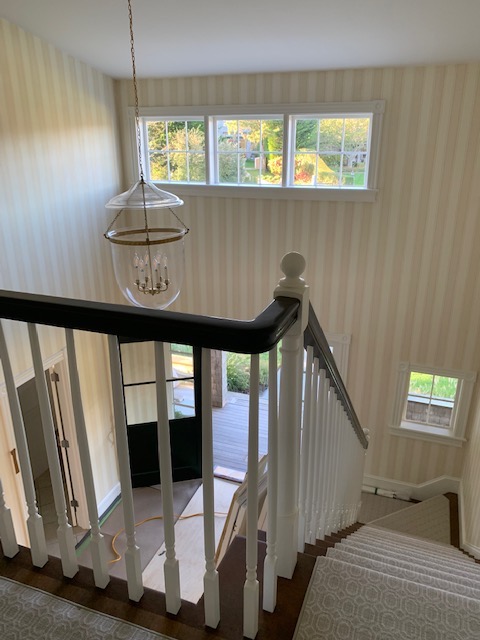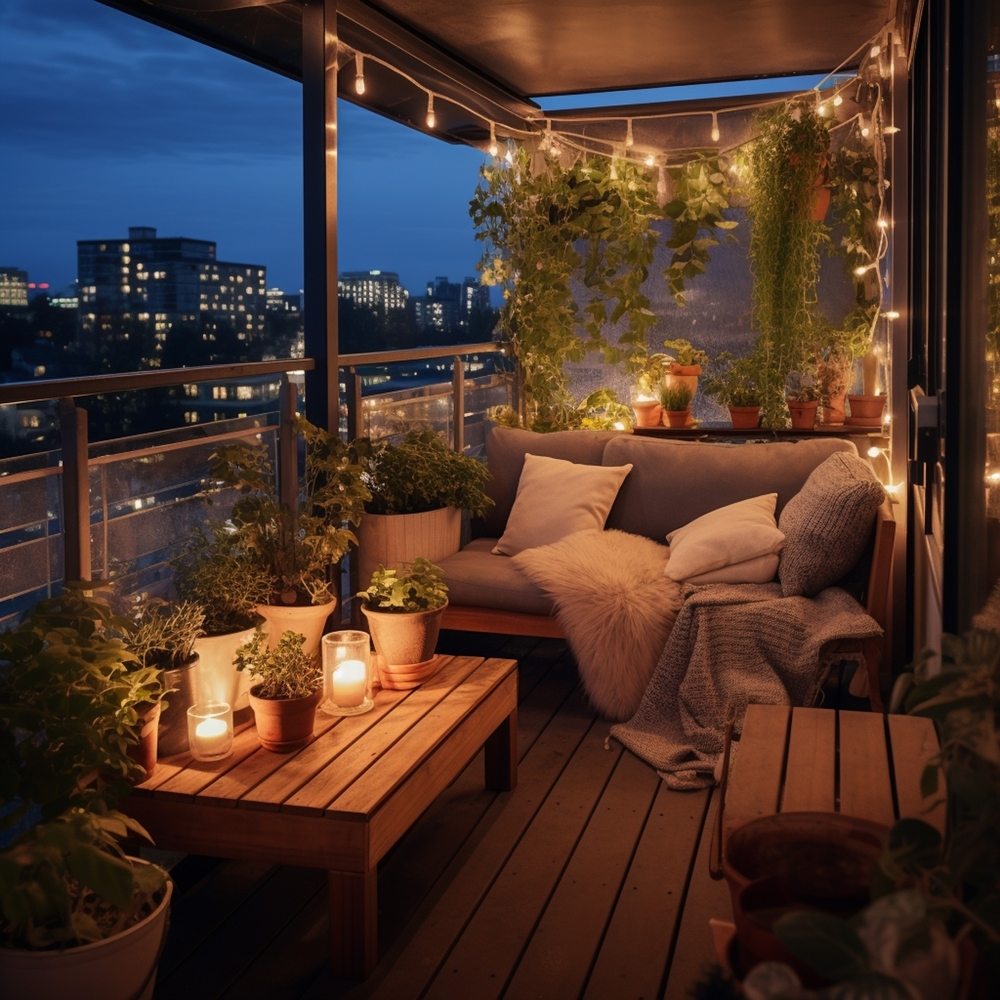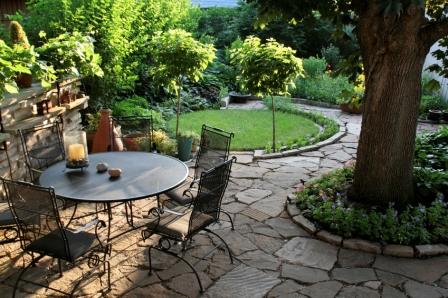
Part of having a home is enjoying the lawn and garden that surrounds it. It’s possible to have a beautiful green lawn surrounded by a garden that’s teeming with life: bees lazily buzzing from flower to flower, birds flitting through trees brimming with nests and berries, and children and pets playing in the soft grass. You can’t create a sanctuary like that, though, and then poison it. I often say that a healthy home is the ultimate luxury. Nothing is more important than protecting our health, and the health of our loved ones, from chemicals and toxic by-products in our homes. Your lawn and garden is in integral part of your home, too, and deserves the same loving care to keep it free of chemical contamination.
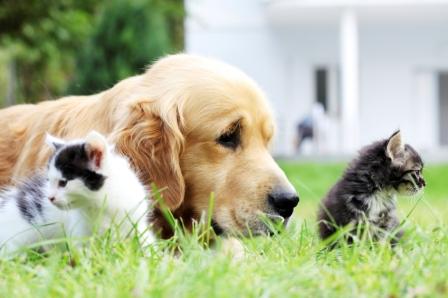
Lawn Chemicals are Poisonous
Lawn and garden chemicals are poisons to things that live, including humans and pets. They pollute our water, harm wildlife, and interrupt the delicate balance of our eco-system. If you’re not part of the suburban quest for the perfect lawn, then chances are your neighbors are. Killing weeds and encouraging rapid growth of thick green grass may seem the natural thing to do, but nothing could be further from nature. 100 million pounds of lawn care chemicals are used by homeowners in their lawns and gardens every year. These include chemicals that kill weeds, insects and a variety of plant diseases. A study from the U.S. Center for Disease Control (CDC) found pesticides in 100% of the people who had both blood and urine tested. The average person carried 12 of 23 pesticides tested. Many of these chemicals are linked to cancer, birth defects, and liver or kidney damage. There is a way to have a green and healthy lawn and garden without resorting to chemicals, though. Here’s how:
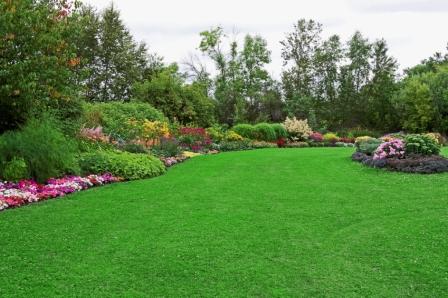
Five Tips for a Healthy Lawn
- Healthy soil promotes healthy plants. Good soil is “alive,” teeming with bacteria and organic content that is naturally resistant to pests and disease. You can boost your soil’s health by spreading organic compost or alfa meal.
- Corn gluten is increasingly used as a high-nitrogen, organic fertilizer. Organic fertilizers feed your lawn slowly; quick release chemical fertilizers encourage rapid growth that weakens the grass, promotes disease and leaches into nearby surface waters.
- Tolerate a few weeds. You can dig them out by hand if they bother you, or you can adopt the philosophy of “live and let live.” A few weeds in the garden can also provide a home for beneficial insects, which keep the overall landscape in good health.
- De-thatch and aerate your soil by raking and aerating compacted lawns. Compaction invites weeds. By removing plugs of soil, air, water and nutrients can reach the roots of your grass. When your lawn is healthy again, birds and worms will continue to aerate it for you!
- For the first and last mowing, mow down to 2 inches, which prevents fungus growth. For the rest of the year, keep your grass higher, at 3 inches, to shade out weeds and foster deep roots. Short grass promotes weeds, shallow roots and thatch.
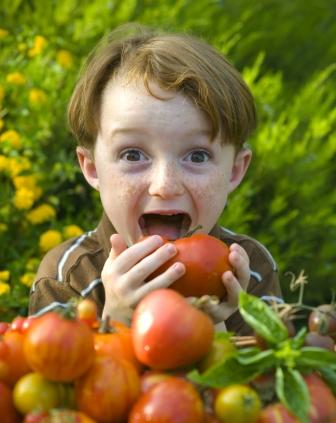
Tips for a Healthy Garden
- Investigate companion plants to discourage pests: lavender and garlic make good bedfellows for roses; nasturtiums and marigolds are detested by green and black flies.
- Just like in your lawn, add organic material to your garden soil to make it healthier, and less likely to be a host to disease. Spread as much as three inches of new organic matter to the top of your soil, then work it in to a depth of twelve inches. You’ll be amazed how much healthier your plants will be.
- Spread mulch (chopped leaves, shredded bark, compost) to smother weeds and keep soil moist.
- Put up birdhouses and birdfeeders to encourage nature’s pest patrol to help with insect problems.
- Carefully choose plants that are suited to your year round temperatures, rainfall and amount of sun required. No matter where you live, you will have hundreds to choose from. Look for disease resistant varieties of ornamental trees and roses, and attract beneficial insects by planting a mix of trees, shrubs, flowers and herbs. A diverse biosphere in the garden best mimics nature, and makes a stable ecosystem. Remember that even chemicals and pesticides labeled organic can cause damage to your delicate ecosystem if overused, so apply with care and please be sparing in their use!
A wonderful guide to organic gardening is Taylor’s Weekend Gardening Guide to Safe and Easy Lawn Care and Taylor’s Weekend Gardening Guide to Organic Pest and Disease Control, available through Amazon. Keep both your outdoors and your indoors healthy!

